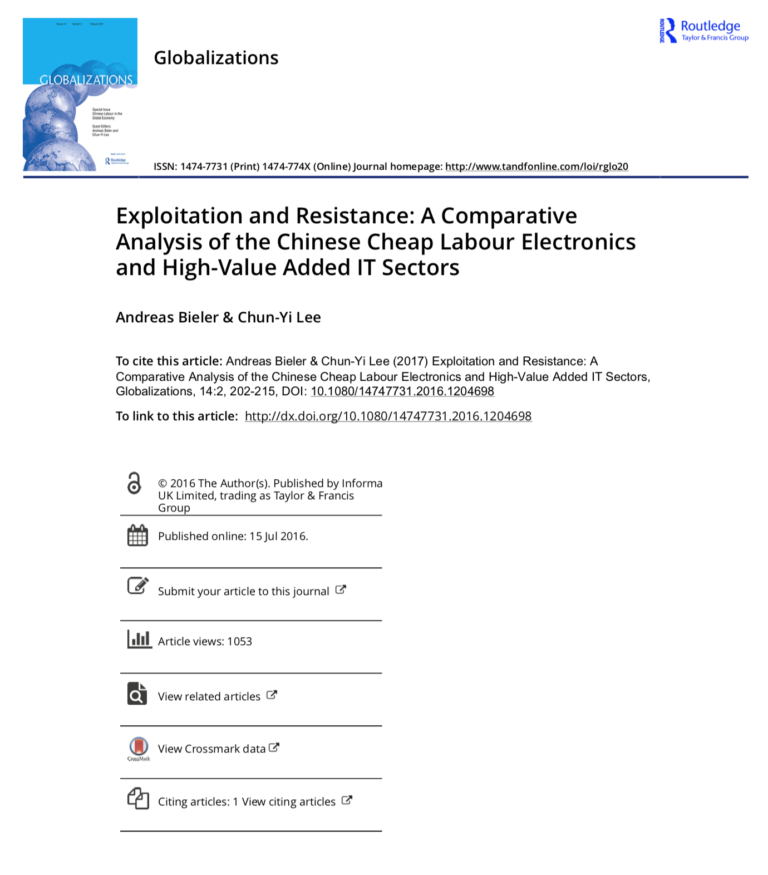The OECD Due Diligence for Responsible Corporate Lending and Securities Underwriting
PublicationsOn October 28th, 2019, the OECD launched new guidance on Due Diligence for Responsible Corporate Lending and Securities Underwriting (hereinafter “the guidance”). The guidance is based and elaborates on the OECD Guidelines for Multinational Ente...Read More

